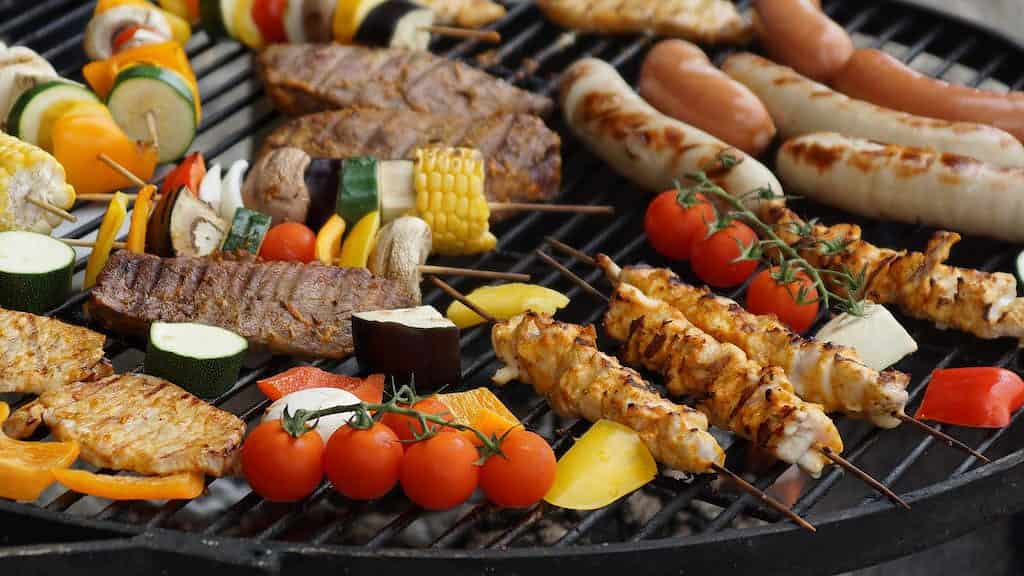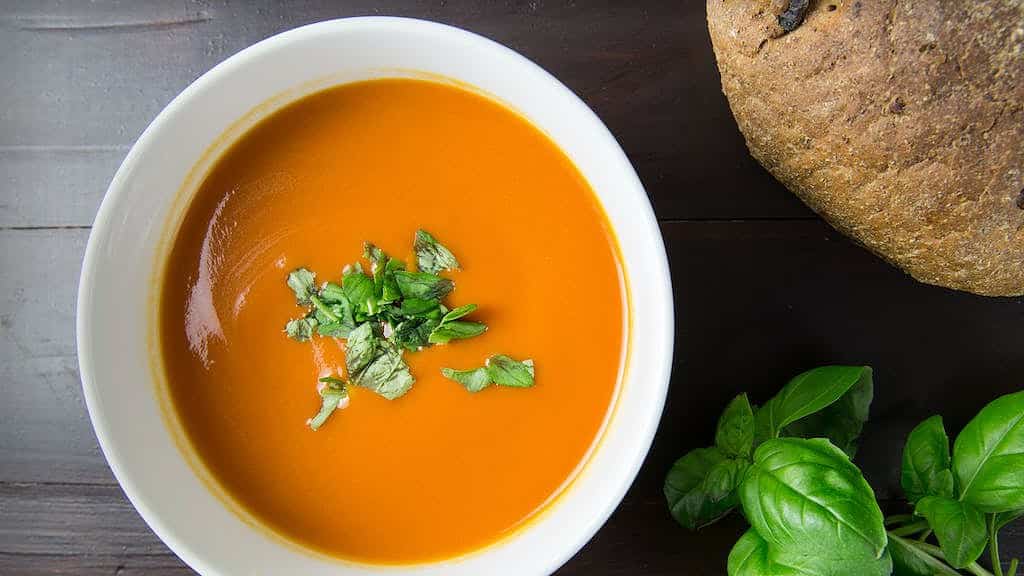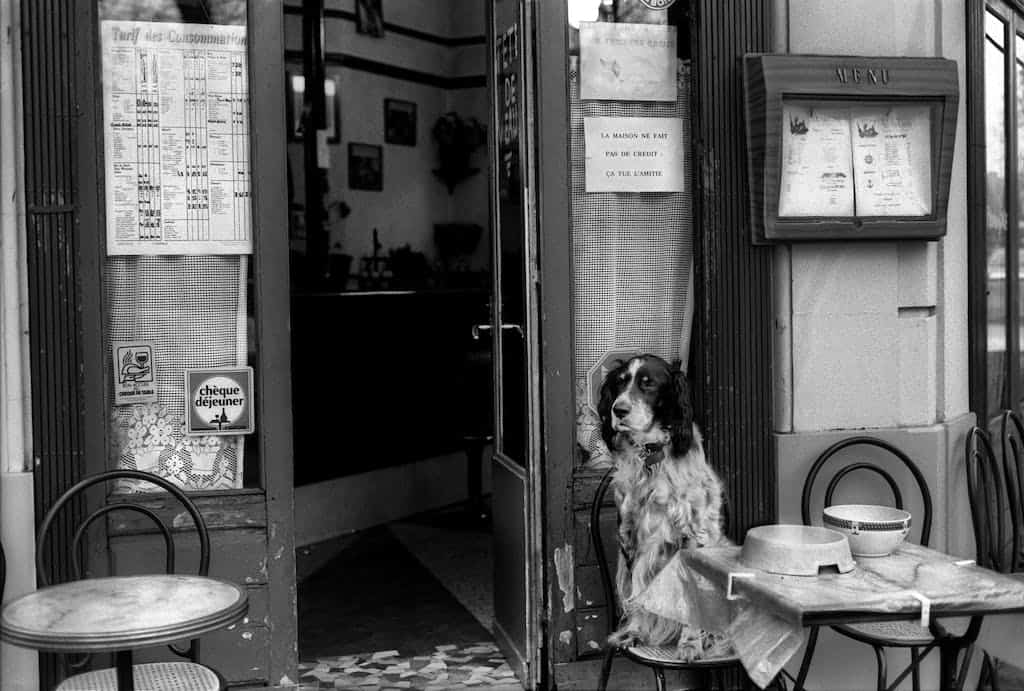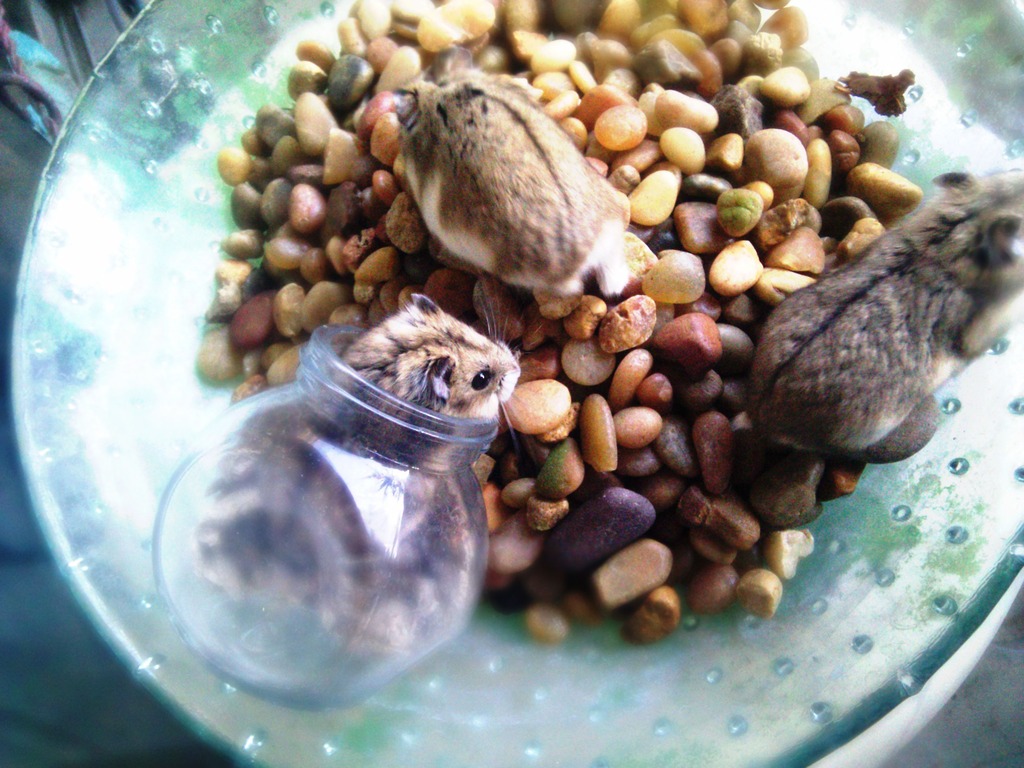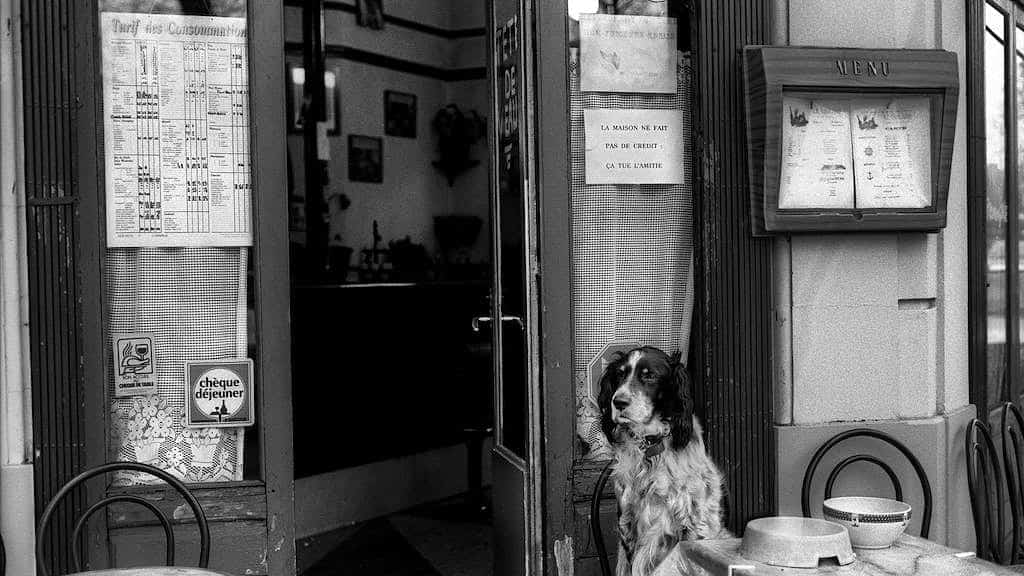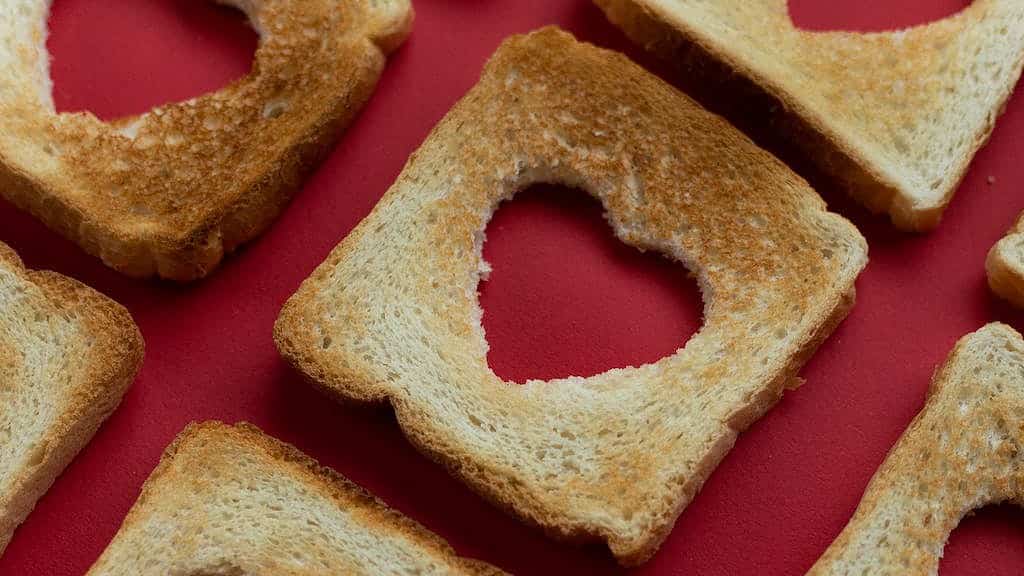Key Takeaways
- Dogs can technically eat Vienna sausages but they are not recommended as a regular part of their diet.
- Vienna sausages are processed meat products that can contain additives, preservatives, and high levels of sodium, all of which are not ideal for dogs.
- Eating Vienna sausages occasionally in moderation may not cause harm to a healthy dog, but it should not become a habit.
- Some dogs may have allergies or sensitivities to certain ingredients in Vienna sausages, such as spices or fillers.
- Feeding Vienna sausages as a treat should be done sparingly, and it’s important to check the label for any harmful ingredients.
- Consulting with a veterinarian is always recommended before introducing new foods to a dog’s diet, including Vienna sausages.
Summary
Can a dog eat Vienna sausage? While dogs can technically consume Vienna sausages in moderation, it is important to consider their nutritional value and potential health risks associated with processed meat. This article delves into the benefits and drawbacks of feeding Vienna sausages to dogs, exploring alternative options and providing valuable insights to help you make an informed decision about your furry friend’s diet.

What are Vienna sausages?
Vienna sausages are small, thin sausages made from finely ground pork, chicken, or beef, typically flavored with salt, garlic, and various spices. Unlike traditional sausages, they are pre-cooked and canned for long shelf life. These sausages have a soft texture and are often enjoyed as a snack or added to various recipes.
Are Vienna sausages safe for dogs?
While Vienna sausages are not necessarily toxic to dogs, they are highly processed and contain additives that may not be beneficial for their health. The sausages often have a high sodium content, which can lead to increased thirst and potential kidney issues in dogs. The artificial flavors and preservatives used in Vienna sausages can also cause digestive upset, such as diarrhea, vomiting, and even pancreatitis in sensitive dogs.
Potential risks of feeding Vienna sausages to dogs
Feeding Vienna sausages to dogs regularly can contribute to obesity, as they are high in calories and unhealthy fats. The excessive salt content may also lead to electrolyte imbalances and negatively impact their overall well-being. Moreover, the small size and soft texture of Vienna sausages may present a choking hazard or cause a dog to swallow them whole without proper chewing.
Alternatives to Vienna sausages for dogs
If you’re looking for tasty treats or food toppings for your furry friend, consider healthier alternatives to Vienna sausages. Opt for lean, unseasoned meats like boiled chicken or turkey that provide valuable protein without excessive additives. Selecting fresh fruits and vegetables, such as carrots or blueberries, can also serve as a nutritious and low-calorie option for dogs.
Consulting a veterinarian for dietary advice
Each dog has unique dietary needs and sensitivities, so it’s always best to consult with a veterinarian before introducing new foods like Vienna sausages into their diet. Your veterinarian can provide personalized advice based on your dog’s age, weight, and overall health condition, ensuring a balanced and safe diet.
Quick Recap
While a small amount of Vienna sausages as an occasional treat may not cause immediate harm to a dog, it is recommended to avoid feeding them to your furry companion regularly. With healthier alternatives available, it’s important to prioritize your dog’s well-being by providing a balanced and nutritious diet. Remember, the guidance of a veterinarian is crucial when making dietary decisions for your pet’s long-term health.
Recipes and Alternatives to vienna sausage for dogs
Vienna sausages are not recommended for dogs as they contain high levels of sodium and preservatives that can be harmful to their health. Instead, there are plenty of alternative foods that are safe and nutritious for dogs. Here are some options:
Can a dog eat Vienna sausage?
Vienna sausage is a popular canned meat product that is enjoyed by many people around the world. As a dog owner, it is important to be mindful of the foods that you offer to your furry friend. This FAQ aims to answer common questions regarding dogs and Vienna sausage.
1. Is Vienna sausage safe for dogs to eat?
While Vienna sausage is not toxic to dogs, it is not considered a healthy option for them. These sausages often contain high amounts of sodium, preservatives, and artificial flavorings, which can be harmful to your canine companion in the long run. It is best to avoid feeding Vienna sausage to your dog regularly.
2. Can dogs have Vienna sausage as an occasional treat?
In moderation, a small piece of Vienna sausage occasionally may not cause immediate harm to your dog. However, it is not recommended to make it a regular treat due to its unhealthy ingredients. Always consult your veterinarian before introducing any new food item into your dog’s diet.
3. What are the risks associated with feeding Vienna sausage to dogs?
Feeding Vienna sausage to your dog can pose several risks, including:
- High sodium content: Vienna sausages are typically very high in sodium, which can be detrimental to a dog’s health. Excessive sodium intake can lead to dehydration, increased blood pressure, and kidney problems.
- Artificial additives: These sausages often contain artificial flavorings, preservatives, and other additives that can be harmful to dogs. They may cause digestive issues, allergic reactions, or other health complications.
- Weight gain and obesity: The high fat and calorie content in Vienna sausages can contribute to weight gain and obesity in dogs if consumed frequently or in large amounts.
4. Are there any healthier alternatives to Vienna sausage for dogs?
Absolutely! There are several healthier alternatives that you can offer your dog as treats, such as:
- Lean meats (cooked without seasoning): Skinless chicken or turkey can be a good option.
- Fruits and vegetables: Many dogs enjoy small chunks of apples, carrots, or green beans as snacks.
- Commercial dog treats: There are numerous dog treats available in pet stores that are specifically designed to be safe and nutritious for dogs.
5. What should I do if my dog accidentally consumes a large amount of Vienna sausage?
If your dog accidentally eats a large quantity of Vienna sausage or shows any concerning symptoms afterward, it is recommended to seek immediate veterinary advice. Symptoms to watch out for include vomiting, diarrhea, excessive thirst, or signs of distress.
Remember, it’s always better to prioritize your dog’s health and provide them with a balanced, dog-friendly diet. If you have any doubts or concerns about specific foods, consulting with your veterinarian is the best course of action.
Conclusion
Based on the information provided, it is generally safe for a dog to eat Vienna sausages as an occasional treat. However, it is important to keep in mind that Vienna sausages are not the healthiest option for dogs due to their high sodium content and low nutritional value. Feeding Vienna sausages regularly or in large quantities can contribute to obesity, high blood pressure, and other health issues in dogs. It is recommended to consult with a veterinarian before introducing Vienna sausages or any new food into your dog’s diet to ensure it aligns with their specific nutritional needs and health condition. Additionally, always make sure to feed Vienna sausages in moderation and as part of a balanced diet for your furry friend.
📚 Sources:

